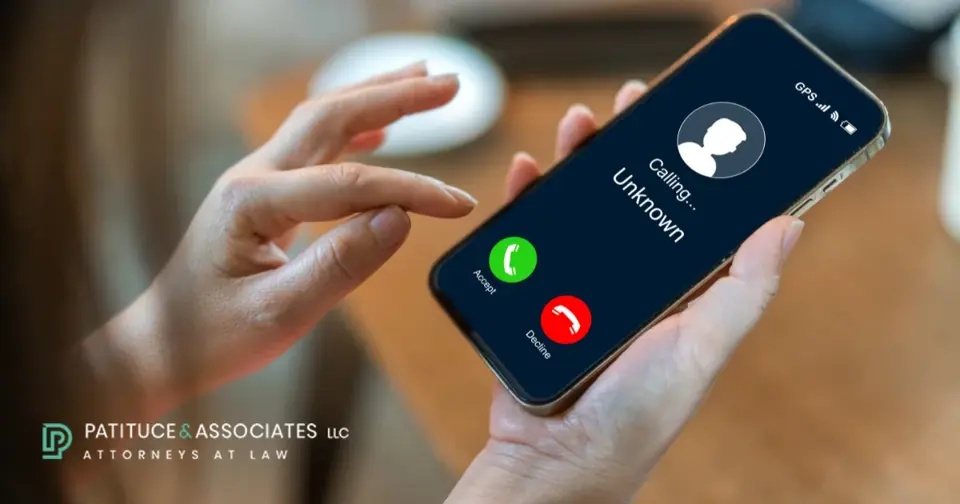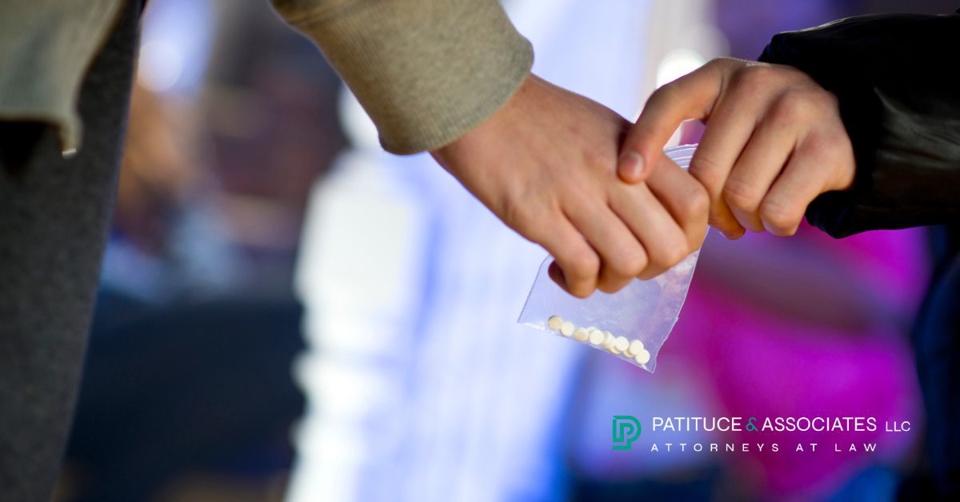Finding yourself facing criminal charges because of the actions of your child, sibling, or their friend can feel both unexpected and overwhelming. Situations like these often stem from well-meaning choices or being in the wrong place at the wrong time, yet they can bring harsh consequences.
When everyday decisions come under legal scrutiny, it’s natural to feel bewildered by the system’s complexity. Understanding what actions might lead to charges isn’t just helpful—it’s essential for protecting yourself and navigating these challenges confidently.
The Legal Framework Surrounding the Charge of "Contributing to the Delinquency of a Minor"
The phrase “contributing to the delinquency of a minor” carries serious implications. At its core, it refers to actions or behaviors that allow or encourage a minor to engage in unlawful activities. This can range from providing alcohol to hosting spaces where minors might act unlawfully, like a party where underage drinking occurs.
Ohio law addresses this issue under both state statutes and federal regulations, focusing on protecting minors while holding adults accountable. For example, truancy, or failing to ensure a minor attends school, can lead to significant legal penalties in some cases. What might seem like a small oversight can quickly have serious consequences.
Actions That Lead to Charges
You might think contributing to delinquency is only about deliberately encouraging bad behavior, but the reality is far more complex. Neglecting a child’s basic needs could result in charges, for instance. Allowing or enabling substance use, even indirectly, is another common cause. Ignoring school attendance, otherwise known as truancy, is also a major factor.
There are situations where the consequences can escalate quickly, particularly when coercion, past offenses, or reckless actions suggest a disregard for legal responsibilities. Any one of these factors can amplify how the law sees your case, leading to more severe penalties.
Facing the Consequences
Criminal Penalties
Legal penalties related to contributing to delinquency are designed to be heavy enough to deter such behavior. Depending on the accusations and jurisdiction, consequences may include fines, probation, or even jail time. Courts tend to look at each case individually, weighing the action’s severity alongside the accused’s history.
Certain cases see repeat offenses, where prior incidences lead to harsher penalties, like longer imprisonment or higher fines. On the other hand, first-time offenders may be eligible for leniency, such as probation. How these distinctions play out largely depends on the circumstances and the arguments made in the courtroom.
Civil Repercussions
Beyond criminal charges, civil consequences often leave a lasting impact. Legal cases of this nature can question your fitness as a caregiver, leading to loss of custody. Courts might limit contact between you and your children until it’s deemed safe to reinstate those rights.
The social stigma tied to these situations can also hurt your family life and community standing. Parents often find it tremendously difficult to regain trust and mend relationships, with legal issues casting a long shadow on personal reputation and future prospects.
Defending Yourself in Court
Strategies for Defense
Defending against these charges isn’t easy, but there are tactical approaches that can challenge the accusations effectively. For instance, proving there was no malicious intent or disputing the reliability of evidence can go a long way in weakening the prosecution’s case.
Sometimes the defense might also focus on external circumstances, such as demonstrating that interactions with the minor were unrelated to delinquency. For example, an accused individual might show that any alleged bad behavior was outside their influence or control.
Getting Legal Representation
When facing these accusations, the stakes are too high to go it alone. Legal professionals with experience in juvenile or family law can guide you through a defense strategy that fits your situation. They’ll help interpret the charges, protect your rights, and work toward minimizing penalties where possible.
Having this support ensures you take the right steps during the legal process, avoiding errors that could worsen your outlook. The right representation may also safeguard your relationships with your children and family.
The Impact of O.R.C. 2919.24 Charges on Families
Facing charges under O.R.C. 2919.24 is a deeply unsettling experience, especially for parents or guardians. This statute addresses conduct that contributes to a child’s unruliness or delinquency, and its consequences can ripple through a family in more ways than one. Whether the allegations involve encouraging school truancy, turning a blind eye to harmful behavior, or not taking reasonable action to protect a child’s welfare, the outcomes can be devastating for everyone involved.
The legal ramifications of these charges are severe. Although classified as a first-degree misdemeanor, O.R.C. 2919.24 allows prosecutors to pursue separate charges for each day a violation occurs. For example, if a child repeatedly skips school and a parent is aware of the issue but doesn’t act, each day of truancy could result in an additional charge. The stakes are incredibly high, with potential penalties including up to six months in jail for every count. What may initially seem like a minor concern can quickly escalate into a series of life-disrupting legal battles.
Beyond the legal consequences, the emotional toll on families cannot be overlooked. These accusations can strain relationships, lead to feelings of guilt or blame, and disrupt household stability. The stigma of such charges also affects a family’s reputation within their community, creating additional pressure and isolation.
Call for Legal Assistance
Protecting your family’s future requires addressing these allegations promptly and thoughtfully. Gaining a clear understanding of your legal options and responsibilities is the first step toward safeguarding your loved ones from the far-reaching impacts of these charges.
If you’ve been accused of contributing to the delinquency of a minor, you don’t have to face this battle on your own. At Patituce & Associates, our team understands the challenges and consequences these accusations bring. We’re here to provide support, guidance, and a strong defense tailored to your case.
Call (440) 771-1175 today for a consultation. It’s your first step toward resolving this issue and protecting your family’s future.



.2505220811153.jpg)



